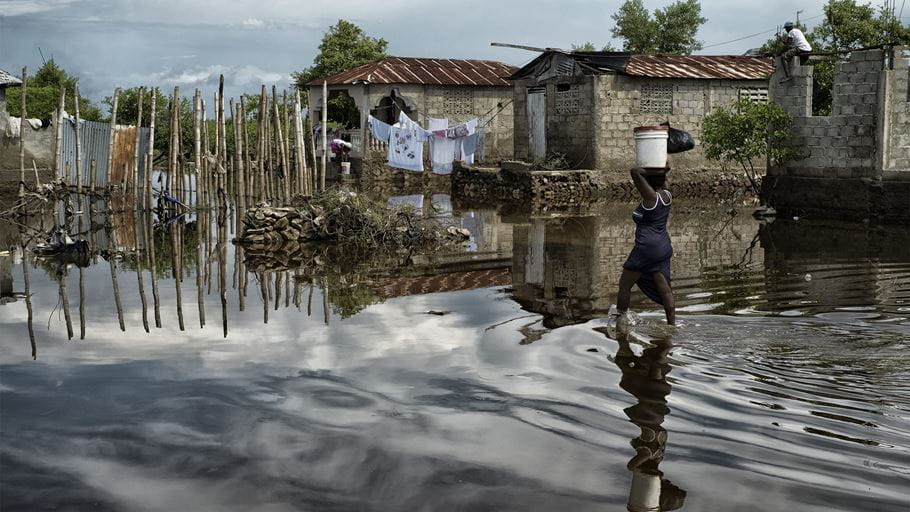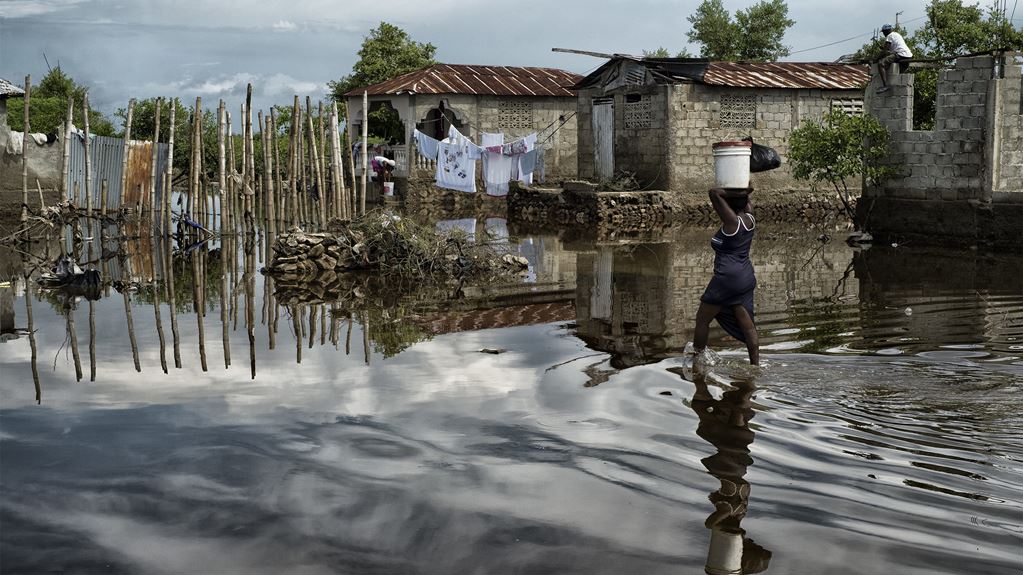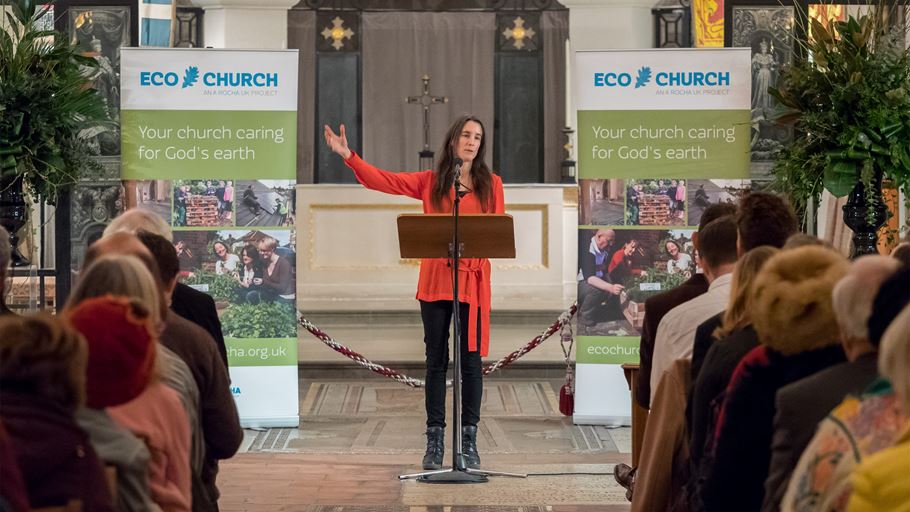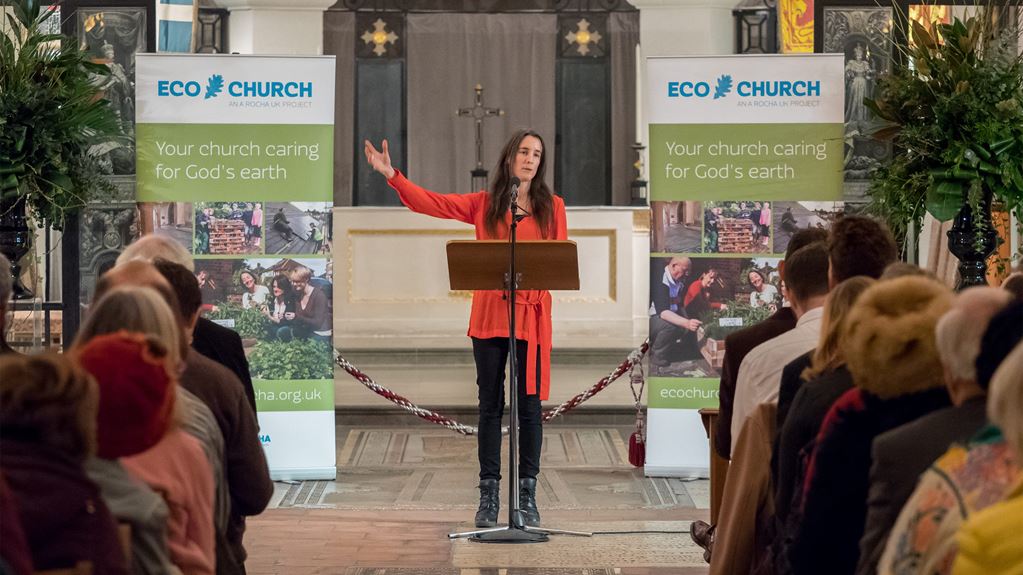Moved to tears, Christiana Figueres, Secretary General of the UNFCCC, stood on a platform in a small hall in Paris, receiving signed petitions from all over the world. A group of British pilgrims who had walked to Paris from London formed a row of bright blue t-shirts. They sat up taller as she said:
‘Collectively you have walked seven times round the globe. I would like to thank you for your messages, for almost 2 million signatures, for your walking, for your praying, for your singing... I want to thank you for every single step, because with every step you have shown that it is possible to tread lightly on this, our beautiful planet.’
Two weeks later, at a landmark climate summit, the Paris Agreement came into being. That was five years ago – 12 December 2015. It was the first time almost all the countries of the world had joined together to agree to keep global warming ‘well below 2°C’ and as near to the safer level of 1.5°C as possible. Big progress, after years of fraught negotiations.
But what happened next?
Disappointment and devastation
The world carried on getting warmer. The five years since Paris have been the warmest since records began. And countries working to turn the tide on climate change suffered a huge setback when, in 2017, the (then) new US president, Donald Trump, announced the US would be pulling out of the Paris Agreement.
Since 2015, we’ve seen fires from the Amazon to Australia, failed crops from Colombia to China, hurricanes from Mexico to Mozambique, and floods from Puerto Rico to the Peak District – extreme weather events made more likely and more severe by climate change. Tearfund sees the impact of climate change every day – communities facing disruption in weather patterns so they don’t know when to plant or harvest their crops, increased flooding, more intense storms. It’s heartbreaking – and it’s wrong. This is a justice issue: people in the poorest communities of the world did the least to cause the problem, but are by far the worst affected.









.png)


